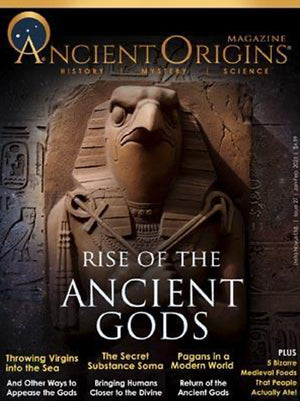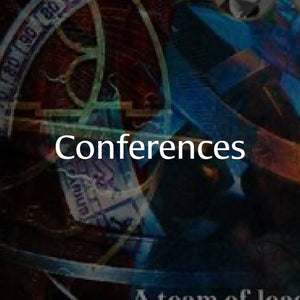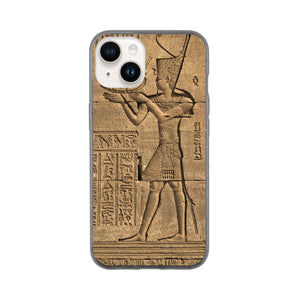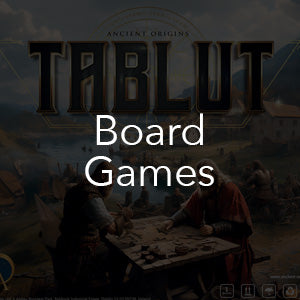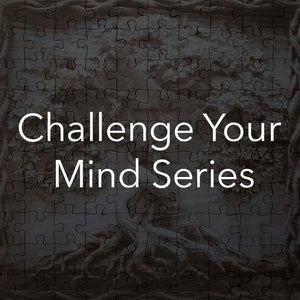The Transformation of Board Games: From Ancient Rituals to Modern-Day Marvels
The realm of leisure and entertainment has long been enriched by board games, evolving from ancient rituals to modern-day marvels. This exploration delves into the historical journey of board gaming, tracing its origins in ancient civilizations, its esteemed status in medieval societies, and its vibrant resurgence in today's digital age.
The modern era has seen the rise of platforms like Game Rules, making it easier for enthusiasts to learn and play a myriad of games, thus merging traditional board gaming with contemporary convenience.
Ancient Beginnings of Board Gaming
Board games, the quintessential blend of strategy and chance, trace their lineage back to the dawn of civilization. The discovery of games like the Egyptian Senet sheds light on a history that spans thousands of years, revealing games that were more than mere pastimes but were imbued with cultural and spiritual significance.
Senet, for instance, was a game that mirrored the Egyptian journey through the afterlife, illustrating the culture's spiritual beliefs and practices. Similarly, in India, Chaturanga laid the foundations for modern chess, encapsulating the social hierarchy of the time within its gameplay.
The discovery of Tablut in Northern Europe by Carl von Linné in 1732 rekindled interest in ancient games, showcasing the enduring appeal of these historical pastimes. Meanwhile, the game of Go in ancient China stood as a testament to intellectual skill, integrating philosophical concepts into its gameplay.
Noble Pastimes: The Era of Aristocratic Board Gaming
In medieval Europe, board games like chess became symbols of nobility, reflecting the societal structures and strategies of the time. The Royal Game of Ur, another aristocratic favorite, demonstrated the exquisite craftsmanship associated with royal leisure activities.

The exclusivity of board games in royal courts highlighted the class distinctions of the time, with games like chess serving as metaphors for medieval politics and warfare.
The Democratization of Board Gaming in the Industrial Age
The Industrial Revolution marked a significant shift, making board games widely accessible and leading to the creation of games like Monopoly. This game, patented in 1935, became a cultural icon, reflecting the economic realities of the era and offering a form of escape during the Great Depression.
The Board Gaming Renaissance of the 21st Century
The advent of the 21st century heralded a new golden age for board games, with modern classics like Settlers of Catan, Carcassonne, and Ticket to Ride redefining the genre. These games, characterized by innovative mechanics and engaging gameplay, have garnered a global following, transcending traditional gaming circles.
The rise of board game cafes and conventions has further cemented the role of board games in fostering community and connection among enthusiasts worldwide.
Board Gaming in the Digital Era
The integration of technology has transformed the board gaming experience, with digital platforms and virtual reality enhancing the accessibility and immersive quality of these games. This technological evolution has not supplanted traditional board games but has enriched the gaming landscape, offering players a blend of analog and digital experiences.
The Enduring Legacy of Board Games
Board games, from their ancient origins to their modern incarnations, encapsulate the human experience, reflecting cultural, social, and technological evolutions. They serve as a conduit for education, connection, and shared joy, remaining a cherished part of human culture.
As we engage in these timeless games, we partake in a tradition that has endured through the ages, a celebration of strategy, intellect, and communal spirit that continues to captivate and inspire.


